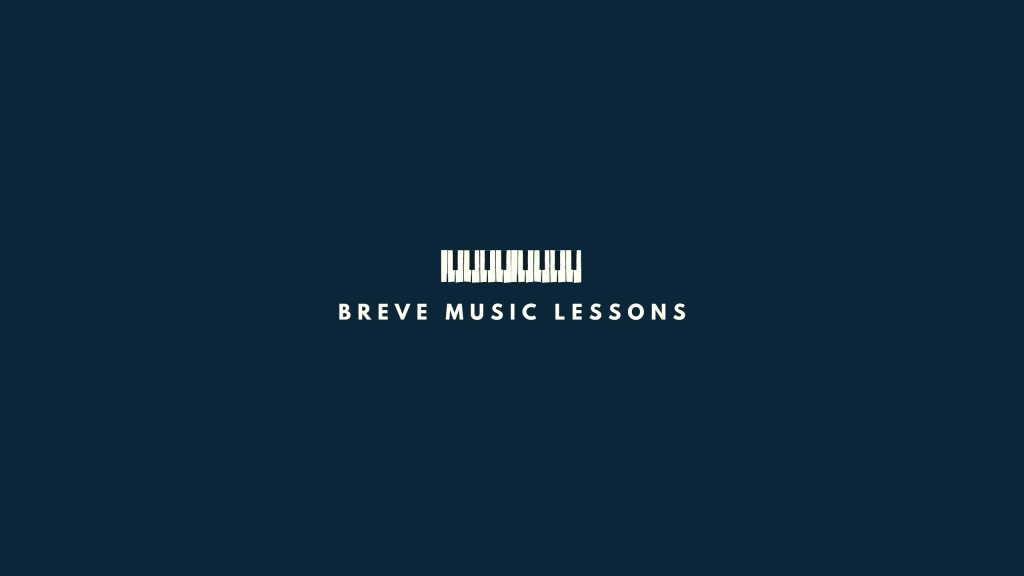Table of Contents
Is The Music Industry Doomed?
The music industry has undergone significant changes in recent years, raising questions about its future. As we navigate through 2024, many are left wondering: is the music industry doomed? This article discusses some of the current challenges facing the music business, how it is adapting, and what the future may hold for musicians and labels alike.

What Are the Current Challenges Facing the Music Industry?
How Streaming Services Impact Musicians and Labels
The rise of streaming platforms like Spotify and Apple Music has transformed the way we consume music. While these platforms provide unprecedented access to a vast library of songs, they also present significant challenges for musicians and labels. Many artists find it difficult to make money from streaming, as the revenue generated per stream is often minimal. This has led to a growing concern that the traditional model of the music business is being disrupted. Independent artists, in particular, struggle to gain visibility and financial stability in a landscape dominated by major labels and established acts. The pandemic further exacerbated these issues, as live music events were canceled, leaving many musicians without a primary source of income.
Are Downloads Still Relevant in 2024?
In 2023, the relevance of music downloads has diminished significantly. With the convenience of streaming, fewer consumers are opting to purchase music outright. This shift has led to a decline in digital downloads, which were once a significant revenue stream for artists and labels. While some fans still cherish the idea of owning music, the majority prefer the instant access provided by platforms like Spotify. This trend raises questions about the sustainability of the music industry, as artists must adapt to a model that prioritizes streaming over traditional sales.
What Role Does AI Play in the Music Industry?
Artificial intelligence (AI) is increasingly becoming a part of the music industry, influencing everything from music creation to distribution. AI tools can analyze listener preferences, helping labels and artists tailor their music to meet audience demands. However, this reliance on technology also raises concerns about the authenticity of music. Many fear that as AI continues to evolve, it could disrupt the creative process, leading to a homogenization of music. The question remains: can AI replace human musicians, or will it serve as a tool to enhance their creativity?
How Is the Music Industry Adapting to Changes in 2024?
What Innovations Are Emerging in the Music Business?
In response to the challenges posed by streaming and AI, the music industry is witnessing a wave of innovation. Artists are exploring new ways to engage with their audiences, utilizing social media platforms like TikTok to promote their music and connect with fans. This shift towards digital marketing strategies allows musicians to build their brand and reach wider audiences without relying solely on traditional media. Additionally, the resurgence of vinyl records has created a niche market for collectors and audiophiles, providing an alternative revenue stream for artists.
How Are Labels Responding to Streaming Trends?
Labels are adapting to the rise of streaming by reevaluating their business models. Many are now focusing on developing long-term relationships with artists rather than short-term profits. This shift is evident in the way labels are investing in marketing and promotion, ensuring that their artists have the tools they need to succeed in a competitive landscape. Furthermore, some labels are embracing the concept of artist ownership, allowing musicians to retain more control over their work and revenue. This approach not only fosters creativity but also helps build a more sustainable music industry.
What Strategies Are Musicians Using to Stay Relevant?
To thrive in the evolving music landscape, musicians are employing various strategies to stay relevant. Many are diversifying their income streams by exploring opportunities beyond music sales, such as merchandise, brand partnerships, and live performances. Additionally, artists are leveraging technology to create unique experiences for their fans, such as virtual concerts and exclusive content. By embracing innovation and adapting to changing consumer preferences, musicians can navigate the challenges of the music industry and build successful careers.
Is the Music Industry Doomed or Just Evolving?
What Do Experts Say About the Future of the Music Industry?
Experts in the music industry have differing opinions on whether the industry is doomed or simply evolving. Some argue that the current challenges are indicative of a larger crisis, while others believe that the music business is undergoing a necessary transformation. The consensus is that while the landscape is changing, there are still opportunities for growth and success. As streaming continues to dominate, artists and labels must adapt to new realities and find innovative ways to connect with audiences.
How Can Musicians Thrive Despite Industry Challenges?
Musicians can thrive despite the challenges facing the music industry by embracing change and remaining adaptable. Building a strong online presence is crucial in today’s digital age, as it allows artists to reach potential fans and engage with their audience directly. Additionally, musicians should focus on developing their skills, whether it be in songwriting, production, or marketing. By continuously evolving and learning, artists can position themselves for success in a competitive environment.
What Are the Signs of a Resilient Music Business?
Signs of a resilient music business include the emergence of independent artists who successfully navigate the industry without major label support. The ability of musicians to leverage social media and streaming platforms to build their careers is a testament to the adaptability of the industry. Furthermore, the resurgence of live music and vinyl sales indicates that there is still a strong demand for music experiences. These factors suggest that while the music industry faces challenges, it is not doomed; rather, it is evolving to meet the needs of a changing audience.
What Impact Does AI Have on Music Creation and Distribution?
Can AI Replace Human Musicians?
The question of whether AI can replace human musicians is a complex one. While AI can generate music and assist in the creative process, it lacks the emotional depth and personal experiences that human musicians bring to their art. Many argue that music is inherently a human experience, and while AI can enhance certain aspects of music creation, it cannot replicate the unique perspectives and emotions that artists convey through their work. Therefore, rather than viewing AI as a replacement, it should be seen as a tool that can complement human creativity.
How Is AI Changing the Way Music Is Produced?
AI is revolutionizing music production by streamlining processes and providing new tools for artists. From automated mixing and mastering to AI-driven composition software, technology is making it easier for musicians to produce high-quality music. This democratization of music production allows independent artists to create professional-sounding tracks without the need for expensive studio time. However, as AI continues to evolve, it raises questions about the future of traditional music production roles and the potential for job displacement within the industry.
What Are the Ethical Considerations of AI in Music?
The integration of AI in music raises several ethical considerations that the industry must address. Issues such as copyright, ownership, and the authenticity of AI-generated music are at the forefront of discussions among industry professionals. As AI tools become more prevalent, it is essential to establish clear guidelines and policies to protect the rights of artists and ensure that their work is not exploited. Additionally, the potential for AI to perpetuate biases in music creation and distribution must be carefully examined to foster a more inclusive and equitable music industry.
How Can Musicians and Labels Prepare for the Future?
What Skills Should Musicians Develop in 2024?
As the music industry continues to evolve, musicians must develop a diverse skill set to remain competitive. In 2024, artists should focus on honing their digital marketing skills, understanding data analytics, and mastering social media platforms to effectively promote their music. Additionally, learning about music production and technology will empower musicians to take control of their creative process. By embracing a multifaceted approach to their careers, artists can better navigate the complexities of the modern music landscape.
How Can Labels Support Artists in a Changing Landscape?
Labels play a crucial role in supporting artists as they navigate the changing landscape of the music industry. By providing resources for marketing, distribution, and artist development, labels can help musicians thrive in a competitive environment. Furthermore, fostering open communication and collaboration between artists and labels is essential for building trust and ensuring that artists feel valued. As the industry continues to evolve, labels must adapt their strategies to prioritize the needs and aspirations of the artists they represent.
What Resources Are Available for Musicians Facing Industry Challenges?
Musicians facing challenges in the industry can access a variety of resources to support their careers. Online platforms like Reddit, Quora, and various music forums provide valuable insights and advice from industry professionals. Additionally, organizations dedicated to artist advocacy offer workshops, mentorship programs, and funding opportunities to help musicians navigate the complexities of the music business. By leveraging these resources, artists can equip themselves with the knowledge and tools necessary to succeed in an ever-changing landscape.
Additional Reading
More blog posts can be found here. Consider following Breve Music Lessons on Facebook.
